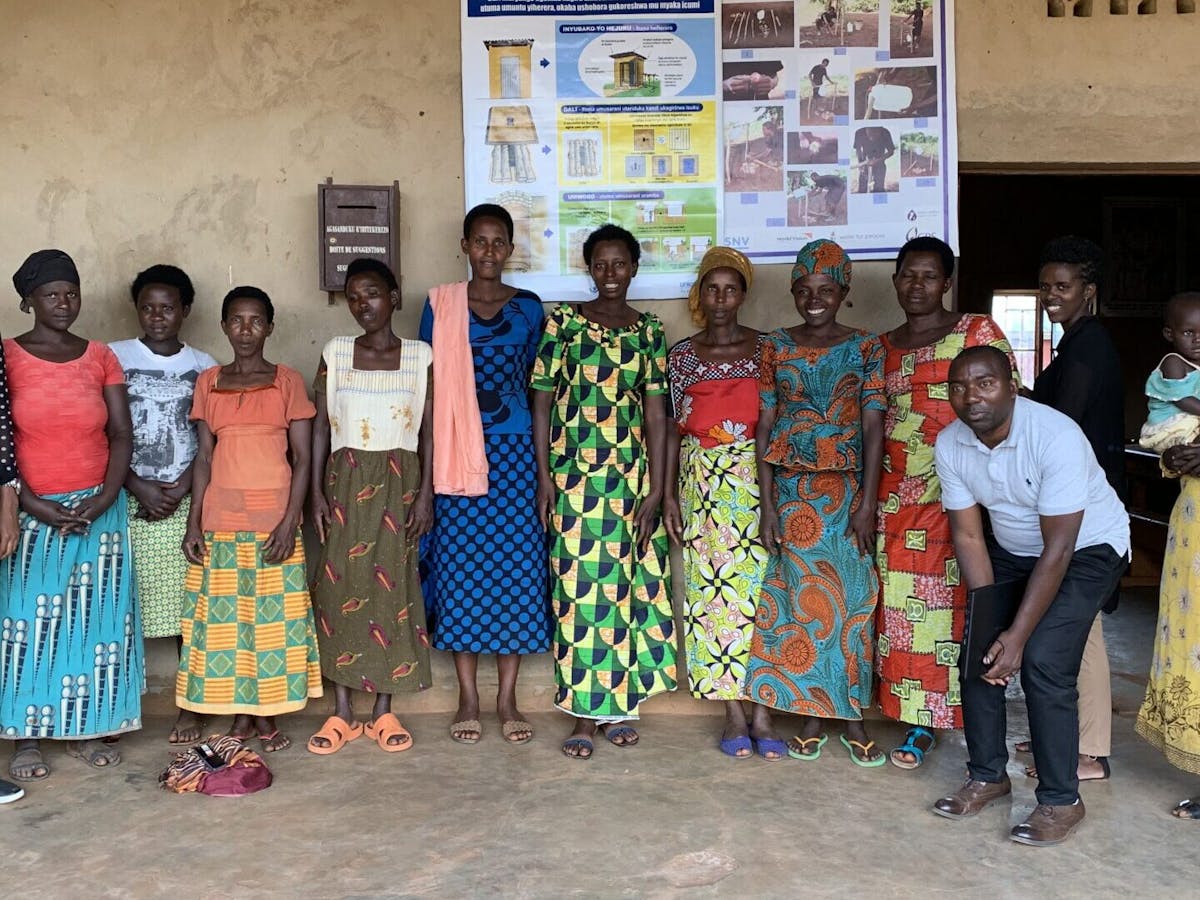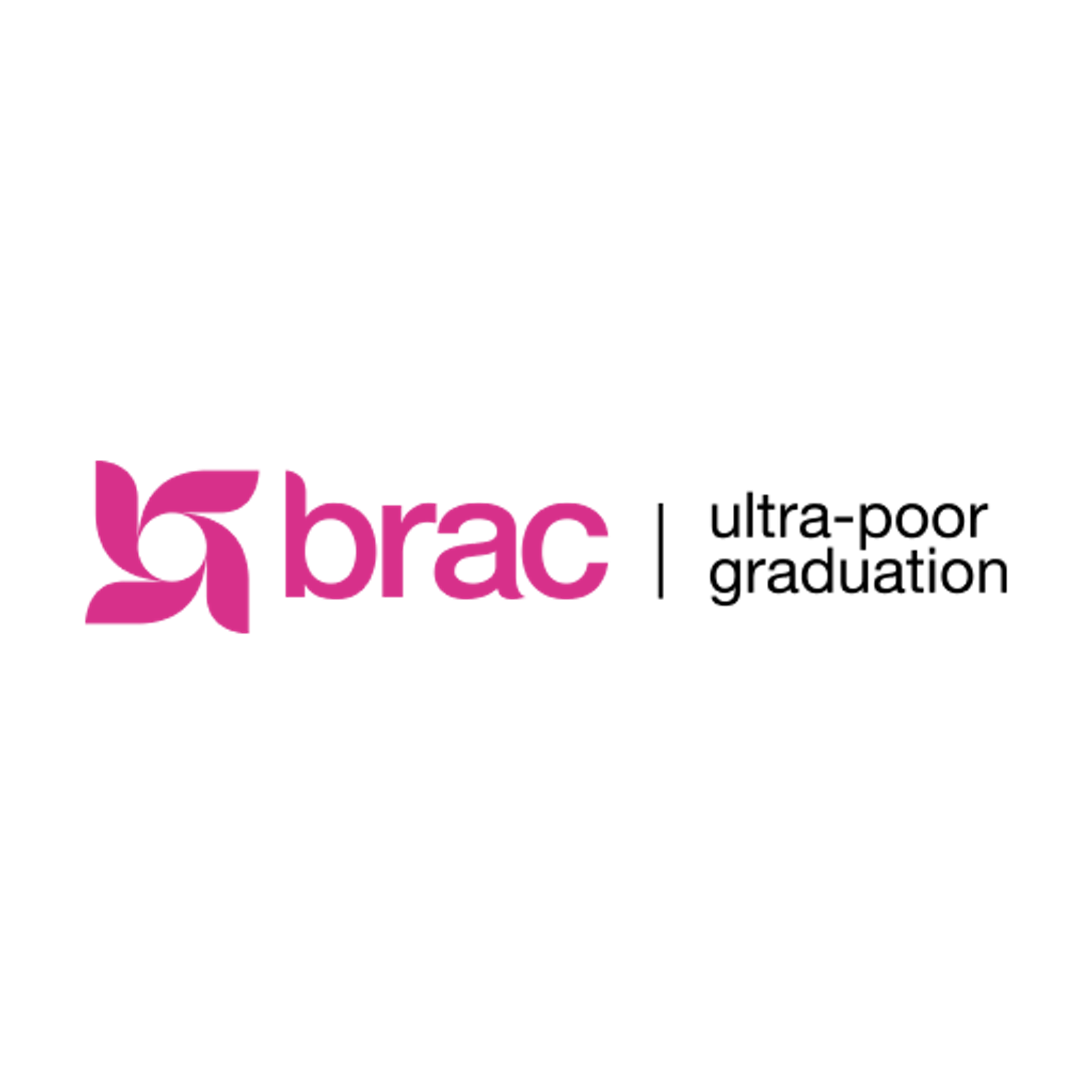BRAC Applauds Commitment to Reach 350 Million People in Extreme Poverty in the Doha Programme of Action
Published: March 29, 2022

BRAC welcomes the adoption of the Doha Programme of Action (DPoA) for the Least Developed Countries for the Decade 2022-2031 by the member states of the United Nations. We applaud its strong commitment to inclusive social protection systems for people living in extreme poverty.
The DPoA is a critical document for achieving the Sustainable Development Goals and leaving no one behind. While the Least Developed Countries (LDCs) represent only 46 of the 193 countries in the world, these countries host about 40% of the world’s population living in poverty and face significant development challenges. The DPoA’s focus on achieving sustainable and inclusive recovery, building resilience to future shocks, and eradicating extreme poverty serves as a model for the international community.
BRAC commends the DPoA for its inclusion of a target to reach at least 350 million people living in extreme poverty in LDCs through social protection systems. DPoA is a model for the inclusive policy language needed to guide investments and interventions for the most marginalized communities. It is imperative that the international community and governments intentionally design programs and policies for the people who are poorest, otherwise we risk not meeting our global commitment of leaving no one behind. As UNDP’s recent research on marginalized communities emphasizes, “targeted actions are needed to reach those marginalized who are usually disproportionately represented among those left behind.”
This is especially the case for social protection systems that are essential to achieving SDG 1. Social protection systems are crucial for not only meeting basic needs and escaping extreme poverty, but also for supporting inclusive growth: 36 percent of all people who escape extreme poverty are enabled to do so through social protection programs, and one percent of GDP invested in social protection leads to 1.1 percent GDP growth and 1.8 percent growth in government tax revenues on average. However, social protection systems often fail to reach those furthest behind. Only 47 percent of people worldwide are covered by even a single social protection program, while a mere 21 percent of the bottom quintile of earners are covered in low-income countries. From the global to the local level, programs and policies must prioritize reaching people in extreme poverty and addressing their multidimensional needs and the challenges that perpetuate the poverty trap. Otherwise, the deepest forms of poverty will remain entrenched.
The inclusive language in the DPoA sets an important standard for the international community, and BRAC hopes to be a partner for its full implementation through our evidence and learning on effective interventions for people living in extreme poverty such as the Graduation approach. The strengthened commitment and partnership represented by the DPoA between the LDCs and their development partners, including civil society partners, is necessary for addressing large-scale aspirations like poverty eradication and inclusive growth for shock-prone communities. As BRAC celebrates our 50th anniversary and a history of innovations that break the poverty trap, we recognize the need for ambitious partnerships to meet the needs of the people who are most marginalized.
Cross-sector partnerships will be critical to take interventions proven to be effective at reaching and empowering people in the deepest forms of poverty to scale. This will require governments to take the lead, with support from multilateral institutions, researchers, civil society, and NGOs. BRAC Ultra-Poor Graduation Initiative (UPGI) has worked with government partners across Africa and Asia to integrate the Graduation approach into existing social protection systems to ensure the inclusion for people living in extreme poverty and sustainable impact for these communities. By incorporating Graduation into government social protection systems, countries can better reach people in extreme poverty with existing programs while reducing program costs and improving impact for these communities. For the social protection systems of the LDCs to reach 350 million people in extreme poverty, an explicit focus on this population through approaches like Graduation will be a necessity.
As governments design their National Plans of Action in line with DPoA targets to promote a prosperous and poverty-free future, BRAC looks forward to partnering on our shared vision of eradicating extreme poverty through inclusive, comprehensive, and shock-resilient social protection systems. Scaling the Graduation approach offers one promising path to achieve this.
More information about the scaling of the Graduation approach can be found here. Or, learn more about how to partner with BRAC UPGI.
